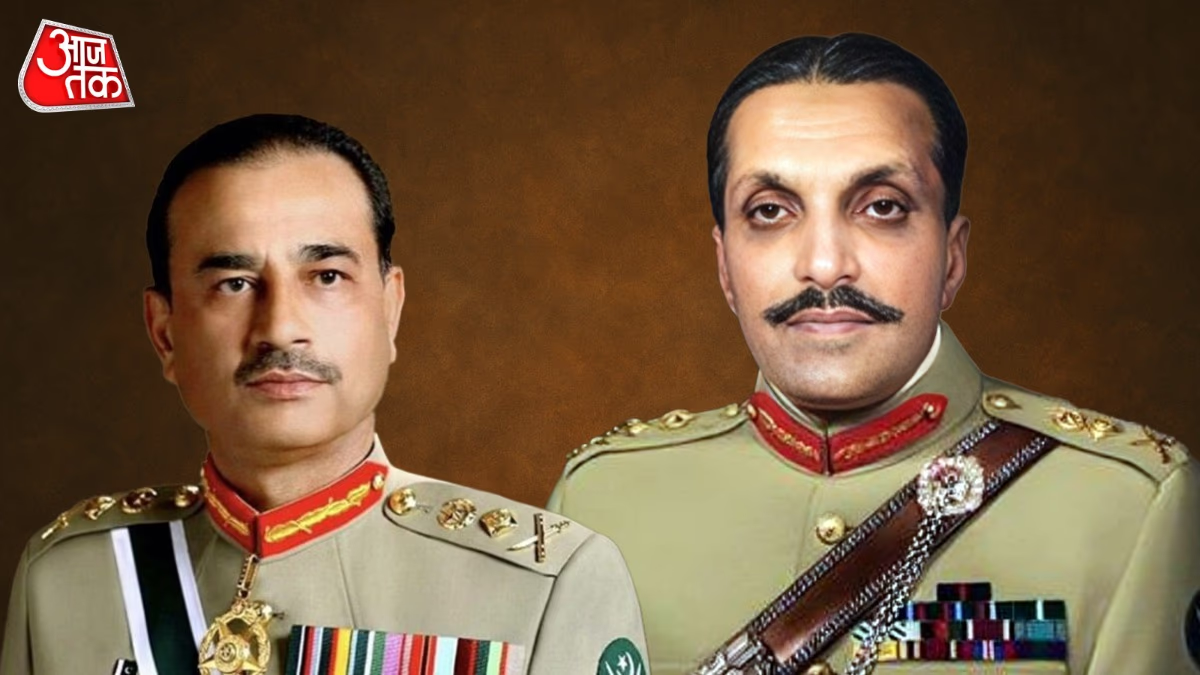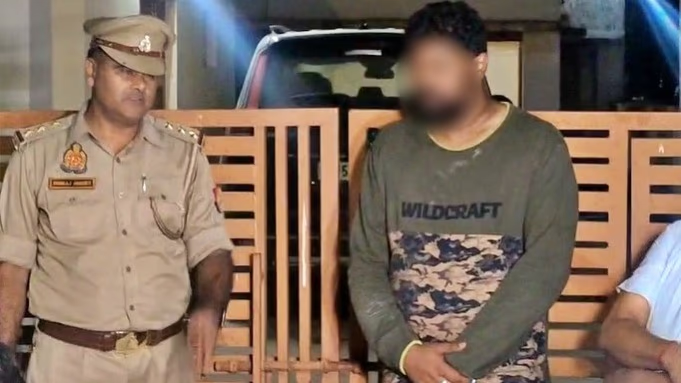"What is a constitution? It is a booklet of 12 or 10 pages. I can tear it up and say that tomorrow, we shall live under a different system. Today, wherever I take the people, they will go. All the powerful politicians, including the once mighty Mr. Bhutto, wagging their tails, will follow me."
This remark was made by General Zia-ul-Haq in 1977 during a conversation with an Iranian newspaper. His disdain for democracy and politicians was a legacy he carried throughout his tenure. General Zia harshly criticized Bhutto during his rule, eventually leading to Bhutto's execution.
The scars of General Zia’s legacy continue to haunt Pakistan today, manifesting through General Asim Munir, known in Pakistan as the 'Mullah General'.
Currently, the actions of Pakistan’s army chief General Asim Munir are pushing the Indian subcontinent to the brink of crisis. Dubbed a cheap copy of General Zia, Munir lacks comprehension of the current geopolitical scenario and Pakistan's economic realities.
The period from 1977 to 1988 can be recalled or pages from history books turned to witness the resemblances in the policies of General Zia-ul-Haq and General Asim Munir. These similarities are evident in their military and political tactics, religious extremism, and anti-India perspectives.
Religious Fanaticism and Islamization
During Zia-ul-Haq’s regime from 1977 to 1988, he promoted Islamization in Pakistan. He implemented Sharia law, encouraged madrassas, and propagated radical ideologies within the military and society. According to his official biography, his father nurtured his extreme Islamic beliefs. As Zia matured, his world-view narrowed.
During the Soviet war in Afghanistan, he hailed the Afghan Jihad and fundraised for the Mujahideen. Overlooking the constitution, Zia implemented Sharia after his coup. During his rule, severe punishments such as flogging, limb amputation, and stoning for execution were introduced. Soon, blasphemy laws became a tool to persecute religious minorities.
Pursuing a pious image intimately, General Asim Munir, too has broadcasted his religious persona in Pakistan. Known as a 'Hafiz-e-Quran,' someone who has memorized the Quran, he is commonly acknowledged as the 'Mullah General'.
Both generals have woven religious radicalism into the framework of their military and political strategies, thereby weakening liberal values in Pakistan and fortifying radical forces.
Perspectives on Kashmir
Both Zia-ul-Haq and Asim Munir had Kashmir as a focal point of their policies. Zia employed the strategy of 'Bleed India with a Thousand Cuts,' endorsing terrorism in Kashmir and fostering Sikh militancy.
General Zia strategically employed groups like Lashkar-e-Taiba and Jaish-e-Mohammad as ‘strategic assets’ against India during his tenure.
General Asim Munir's 'Doctrine of Terror' rests on similar Pakistani deep state theories. Just days before the Pehalgam attack, Munir's hate speech surfaced, where he passionately distinguished Pakistanis from Hindus. Advocating Jinnah’s Two-Nation Theory, he stated the impossibility of coexistence and pronounced Kashmir as Pakistan's jugular vein in his speech, asserting, "Our position is crystal clear, Kashmir was and will remain our jugular vein, and we won't forget it."
Following this speech, terrorists attacked innocent tourists in Pehalgam, targeting them based on religion.
Extremism and anti-India sentiment have long been part of Asim Munir's policy.
It isn't just coincidence that Munir headed the notorious Pakistani intelligence ISI when it orchestrated the Pulwama attack on 14 February 2019. In this attack, 40 CRPF soldiers lost their lives. Fast forward six years, and Munir, now Pakistan's de-facto supreme leader, is again at the center of attention in India's narrative. Terrorist groups’ names that emerged during that turmoil are often extensions of the Pakistani military, supported and deployed by them as proxies.
Moreover, the turmoil within Pakistan’s political landscape contributes to Asim Munir's exacerbation. Accused of undermining the civilian government and suppressing Imran Khan’s PTI, Munir and his regime are under scrutiny. PTI accuses the army of electoral rigging in the February 2024 elections, causing elements within Pakistan to question the military's role. In efforts to fortify his and the army’s reputation, Asim Munir turns to anti-India activities to veil his true image.
While the geopolitical environment during Zia’s era afforded him short-term support, he eventually became a crisis for his nation. His mysterious plane crash demise is a nod towards such claims.
Today, Asim Munir’s policies are emerging as a severe threat to Pakistan. Uncontrolled conflicts between India and Pakistan could plunge South Asia into a critical nuclear crisis. Beyond that, Pakistan is facing economic crises, global watchdog scrutiny (like FATF), and internal dissent (Baloch independence, Sindh movements).




